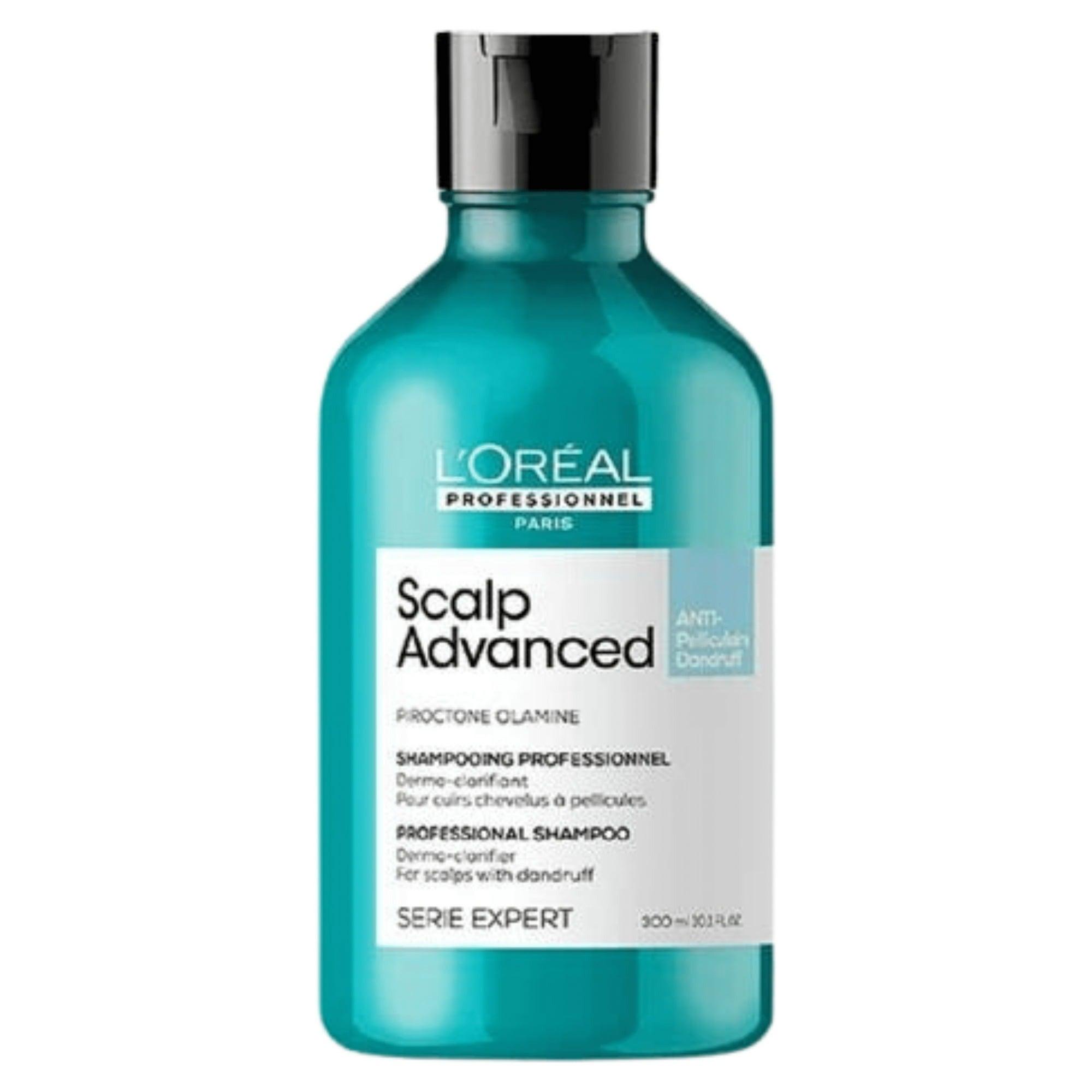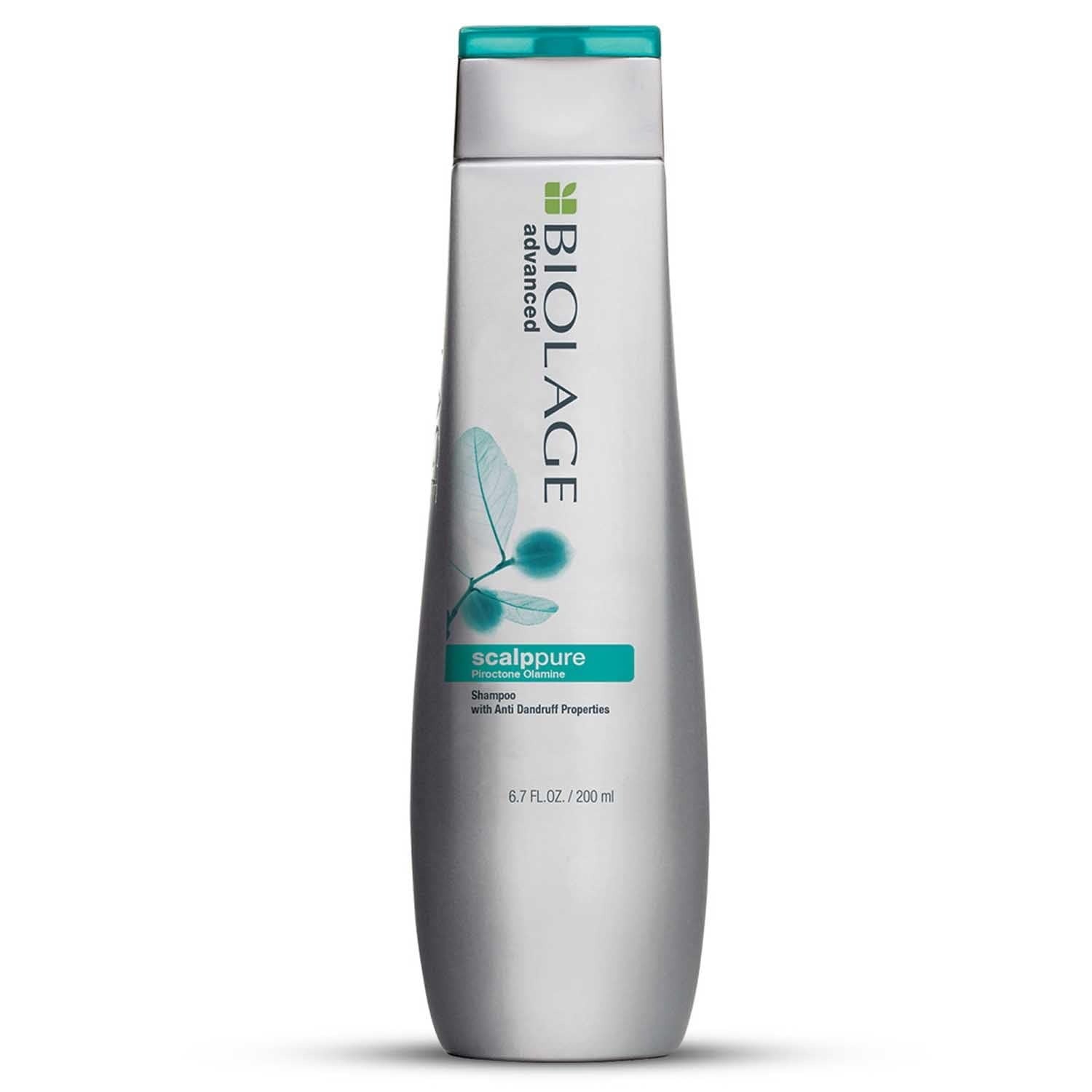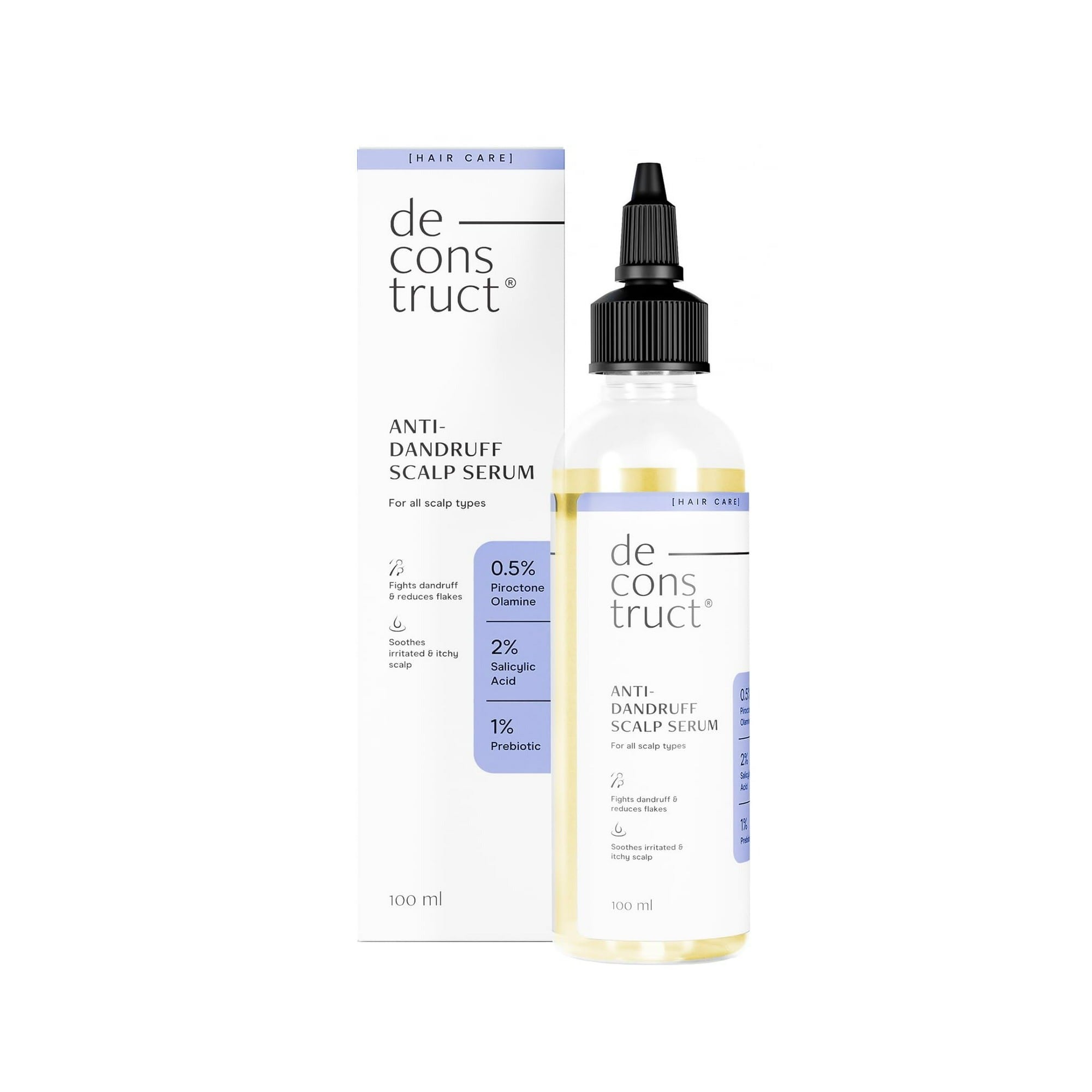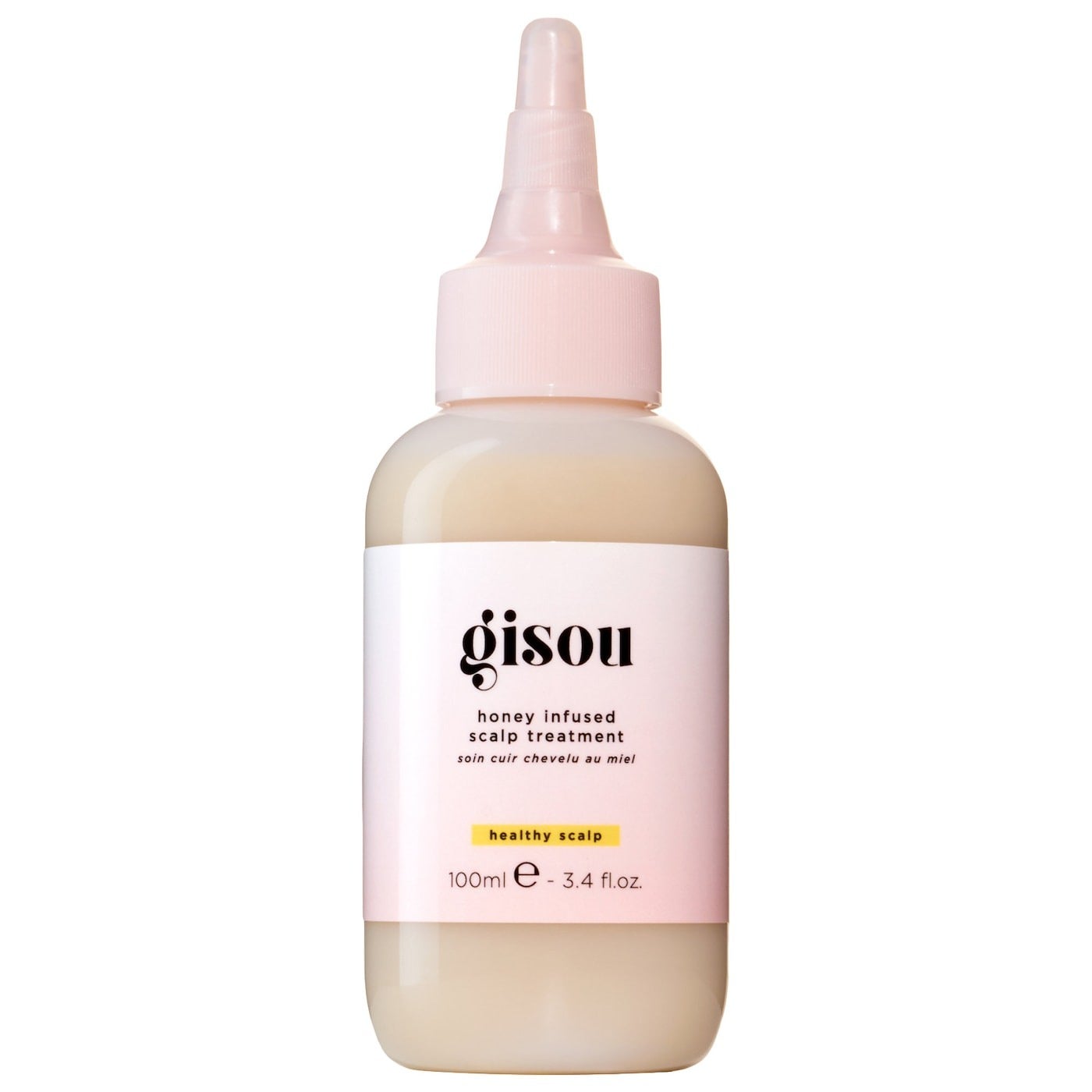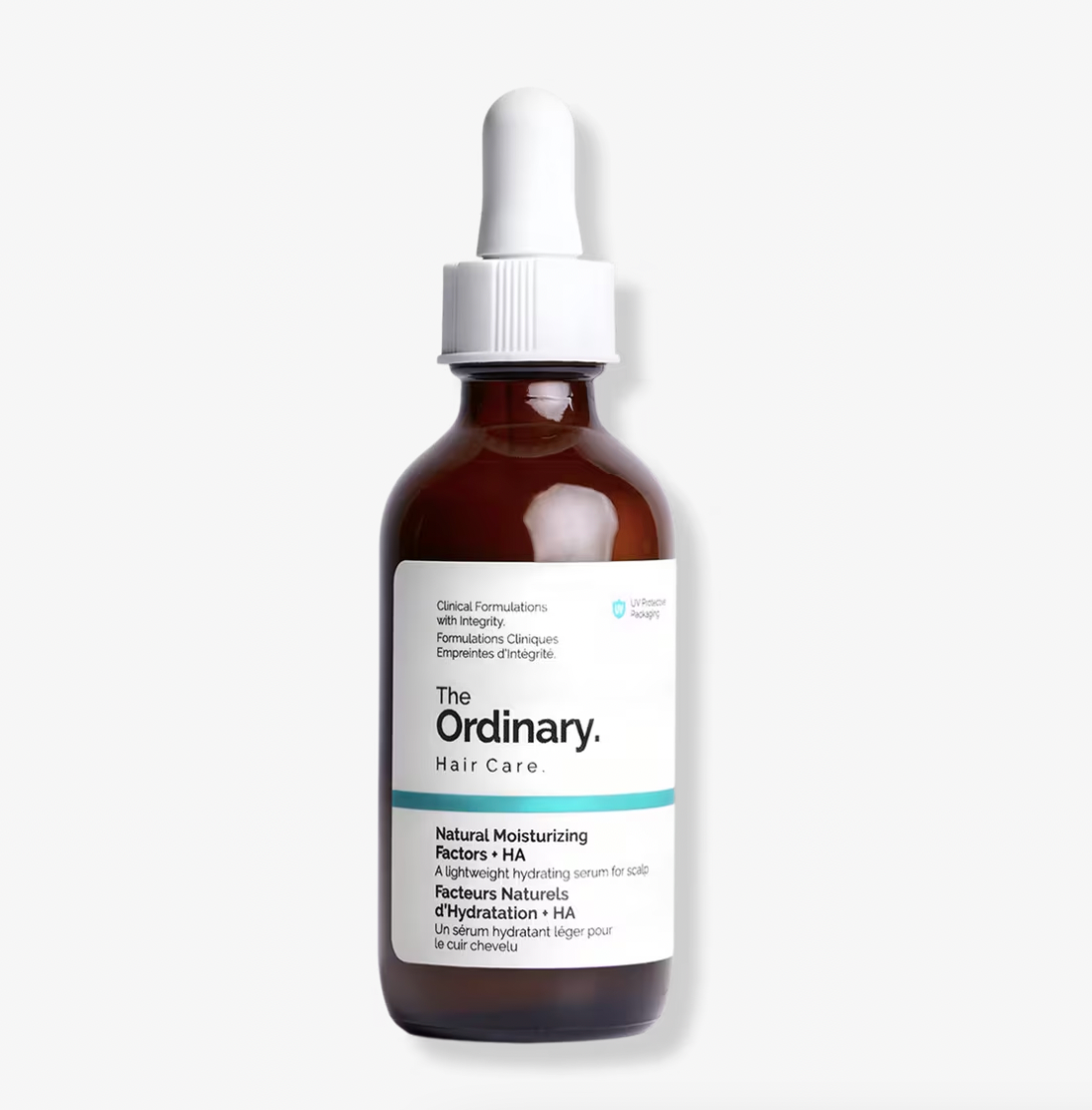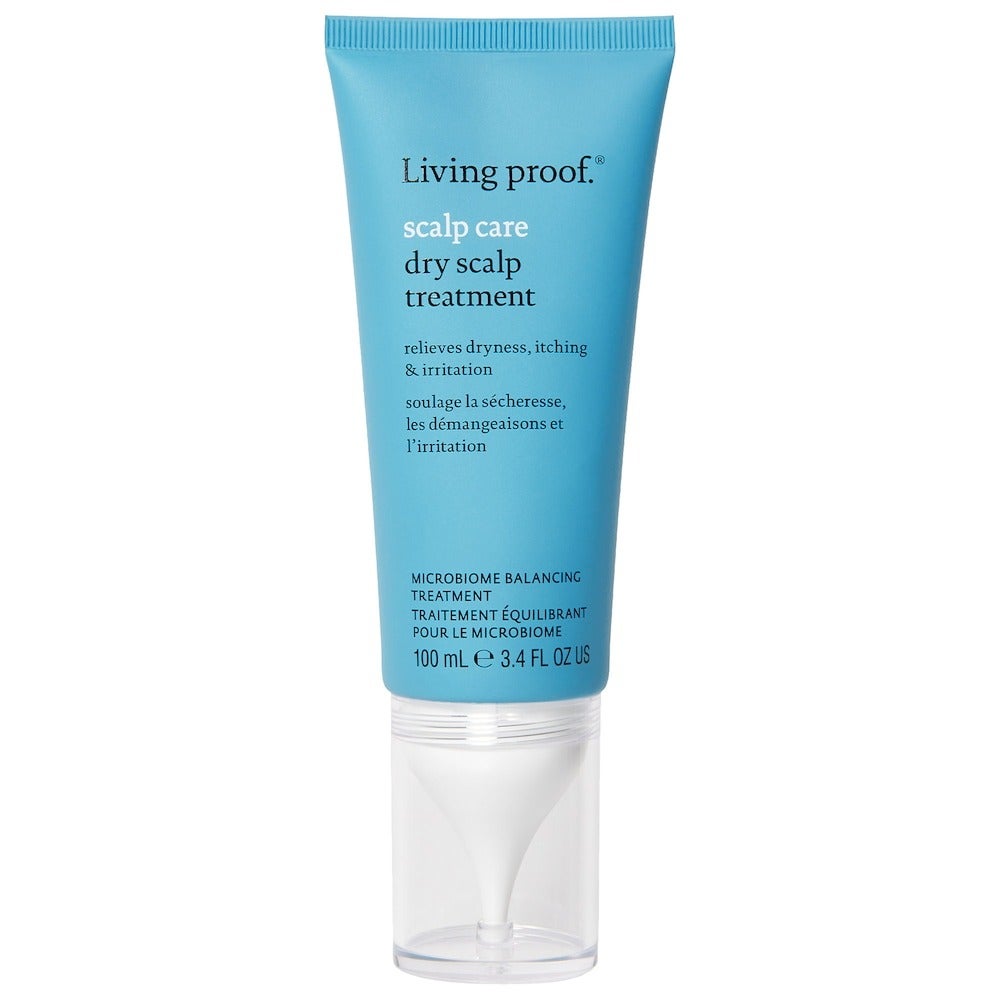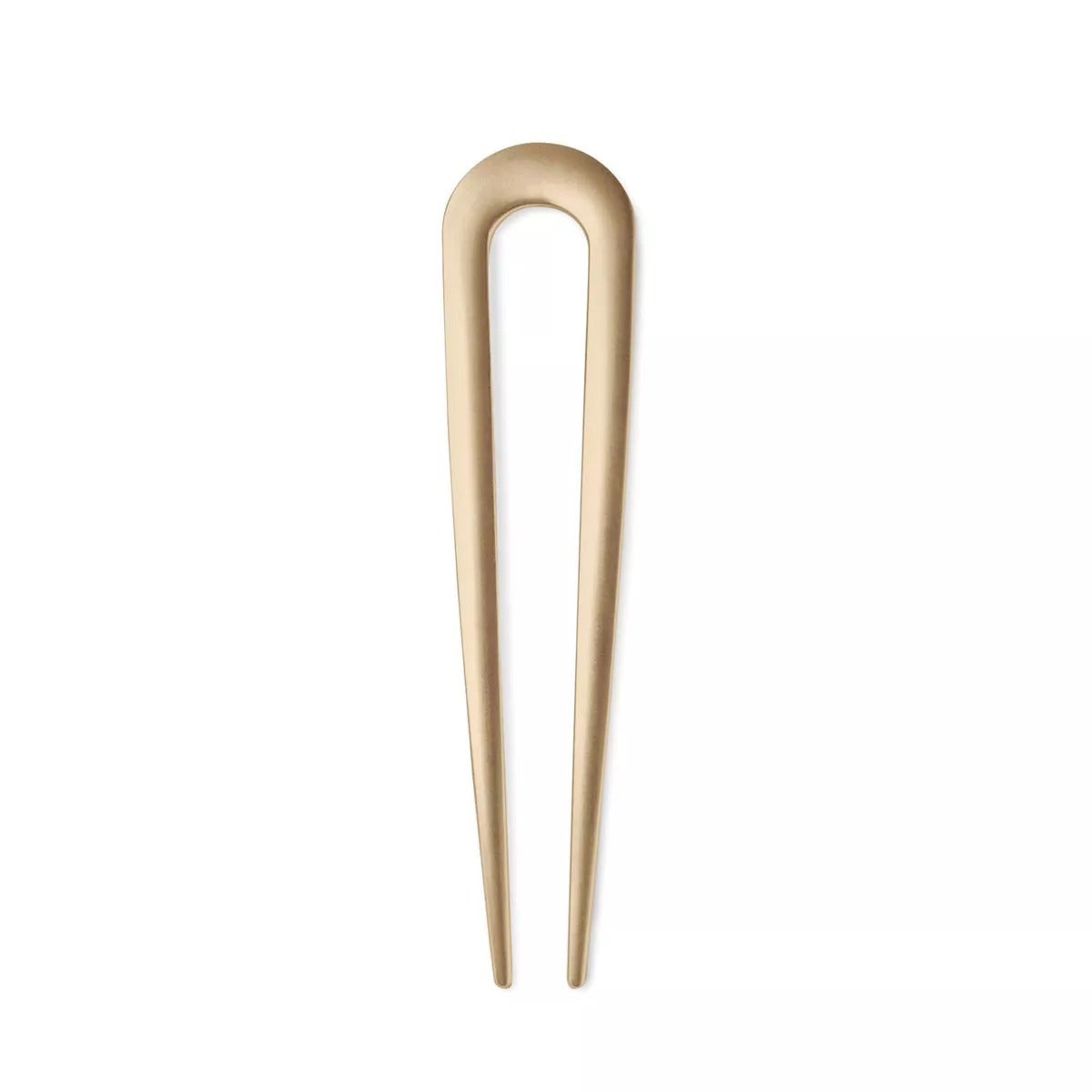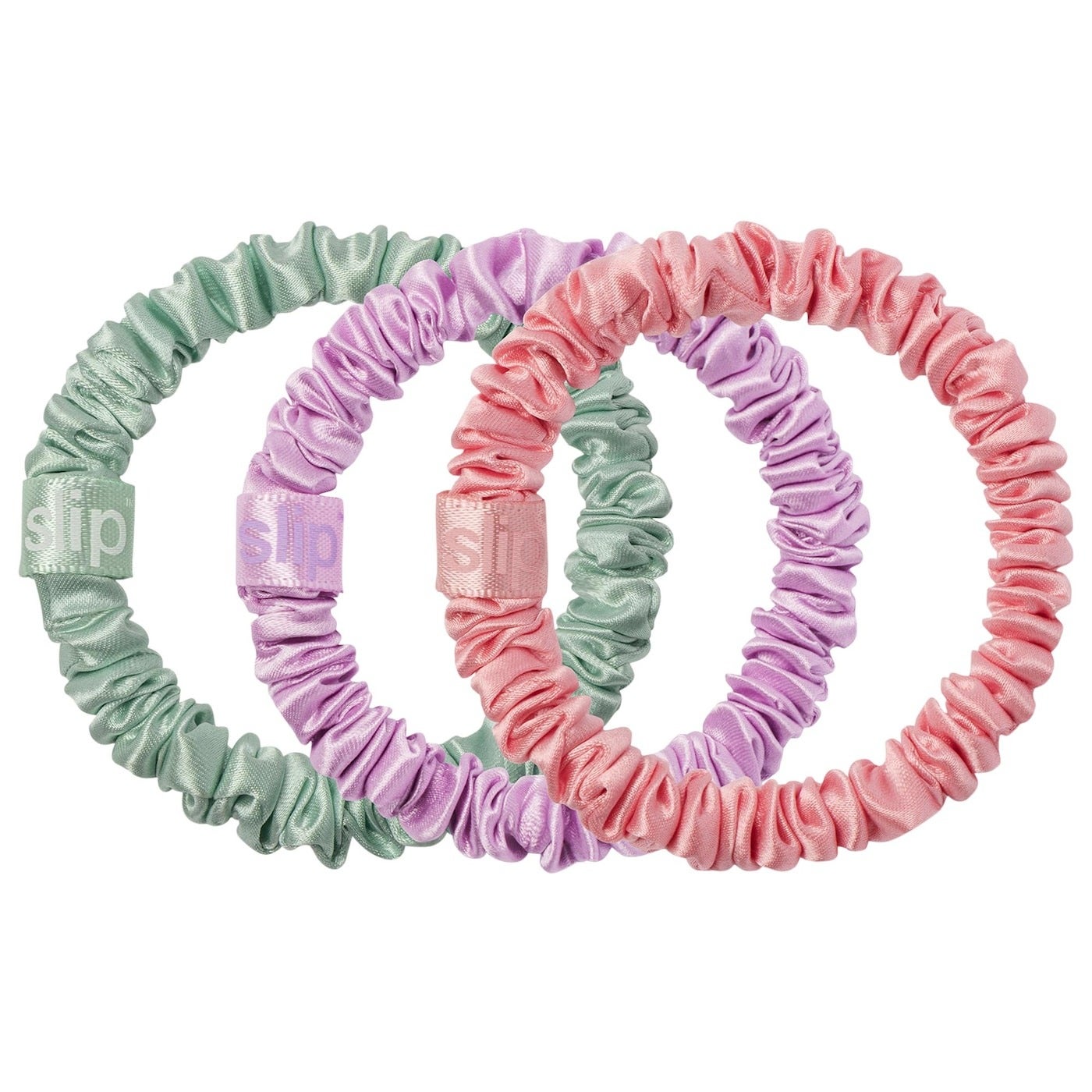Serious Question: Why Does Dirty Hair Feel Like It Hurts?
All linked products are independently selected by our editors. If you purchase any of these products, we may earn a commission.
Photographed by Leia Morrison.
For the most part, my TikTok algorithm is an assortment of random videos with absolutely no correlation to my life (hello, BarnacleTok). But every now and then, I come across one post that is so painfully specific, it’s like holding a mirror up to myself. One such clip was recently posted by Mayling aka @maylingmaee, and the TikToker asks one simple question: Why does dirty hair feel like it hurts?
@maylingmaee or is it just me? i want the scientific reasoning #fyp #relatable #fypシ #hair #ask ♬ original sound - maylingmaee
“You know when you wear your hair for a few days and it gets sore like right here?” Mayling asks, pointing to their crown. “What is that?” Flipping their hair to the side, they explain, “It just feels like you have to move it like this because it’s sore. It kinda feels like you've been wearing a ponytail all day but you haven’t. It’s just [that] your hair is dirty.”
AdvertisementADVERTISEMENT
For me, tenderness occurs when I touch my greasy hair in the wrong place or I go to tie it up. When I eventually wash it, the sore feeling disappears — until my hair gets greasy again. Mayling and I aren't alone. With 8.8 million views and climbing, it seems that many others have experienced a similar strange sensation, and the comments section is awash with speculation as to the causes. “It’s called follicle fatigue!” wrote one user. Another commented: “I always think it’s the grease dragging it down and making it heavier.”
So what exactly is going on inside our strands when this happens, and is the soreness concerning? I put the question to Anabel Kingsley, a consultant trichologist and brand president at Philip Kingsley, and Dr. Sharon Wong, a consultant dermatologist, hair specialist and British Skin Foundation spokesperson, who listed a handful of potential causes.
What causes a sore, tender or painful scalp?
Firstly, excess sebum or oil. “This sensation is often due to oils on the scalp or product buildup,” Kingsley told me. When this oil and product buildup isn’t washed away quickly enough, a yeast called malassezia — which is both normal and common on the scalp — can “overgrow”, explained Kingsley. This overgrowth then causes the skin cells to divide rapidly, often leading to dandruff — essentially fine white flakes on the scalp and in the hair.
“Dandruff exacerbated by an oily scalp can also cause irritation and contribute to this sore feeling,” continued Kingsley. She added that these yeasts thrive in oily environments and are therefore more likely to proliferate if you have a naturally oily scalp or you don’t wash your hair regularly enough.
AdvertisementADVERTISEMENT
All of these factors can make the scalp irritated and sensitive, said Dr. Wong. “In more severe cases it can lead to dermatitis or eczema,” she continued. Because the scalp has a high density of nerve endings, Dr. Wong said that it doesn't require much inflammation to result in significant discomfort. “This might be itching, hypersensitivity, burning or crawling sensations,” she told me. Interestingly, stress can often intensify these symptoms.
Suppose managing stress is your New Year’s resolution. Besides this, both scalp tenderness and dandruff can usually be nipped in the bud simply by washing your hair more often. If you want to step up your haircare routine, Kingsley suggests investing in an exfoliating scalp treatment containing an anti-dandruff ingredient called piroctone olamine, which can be found in Deconstruct Anti-Dandruff Scalp Serum, $18.84. Alternatively, try a shampoo which features the same ingredient like Biolage Scalppure Shampoo, $17.19, or L'Oréal Professionnel Scalp Advanced Anti-Dandruff Shampoo, $27.54.
Ultimately, choosing a shampoo that suits your hair texture is key, said Kingsley: “If you’re experiencing irritation, flaky skin or redness, it could be a sign that your shampoo isn’t right for your skin type.” It might also be worth switching to a fragrance-free shampoo if the irritation persists.
How often should you wash your hair?
With your shampoo sorted, how often you wash your hair is entirely down to personal preference. Dr. Wong said that, on average, most people wash their hair around three times per week. However, it all depends on your scalp and hair type. Kingsley shared some advice. “I [recommend that] people with fine textured hair shampoo every day,” she told me. “This is because people with finer hair have more oil glands on their scalp, and their hair therefore becomes greasy faster.”
AdvertisementADVERTISEMENT
If you have medium textured hair, Kingsley suggests shampooing daily to every other day. “Ideally [people with] coarser and curly hair textures should leave no more than three days between shampoos,” she added. Dr. Wong suggested that those with afro hair might like to leave a little longer between washes; the American Academy of Dermatology recommends washing Black hair every seven to 10 days.
Can a dry scalp cause scalp sensitivity and soreness?
Besides excess oil and product buildup, Kingsley said that a dry scalp can also cause irritation, which could further explain scalp tenderness. But scalp dryness is very different from dandruff.
“Unlike dandruff, which is an oily scalp condition, [a dry scalp] occurs when the top layer of skin lacks moisture or water,” said Kingsley — and there’s usually an external aggravator. “Think seasonal or environmental fluctuations like cold weather, high altitudes, central heating and sun exposure.”
The solution? “Moisturizing the scalp and rehydrating with a water-based toner,” Kingsley added. Try Gisou Honey Infused Scalp Treatment, $65, The Ordinary Natural Moisturizing Factors + Hyaluronic Acid Scalp Serum, $14.70, or Living Proof Scalp Care Dry Scalp Treatment, $51.50.
Can tight hairstyles like ponytails or buns cause scalp tenderness?
AdvertisementADVERTISEMENT
The way you wear your hair can contribute to a sore scalp, too, in particular tight or “high tension” hairstyles, said Dr. Wong. Think snatched buns and high ponytails. To avoid pulling on your delicate hair follicles, Kingsley recommends opting for silk hairbands and scrunchies and considering looser styles. “This will help relieve the tension and reduce hair fall,” said Kingsley. R29 rates Slip’s Pure Silk Skinny Scrunchies, $32.50, or try your hand with a French pin like The Hair Edit Sleek Chignon French Hair Pin, $12.99.
Lastly, both Dr. Wong and Kingsley noted that underlying scalp conditions such as psoriasis, eczema and seborrhoeic dermatitis (oily patches which cause yellow flakes or scales) can cause scalp tenderness. If you’re in pain or you’re concerned that you might have a scalp condition, it’s best to reach out to a trichologist or a doctor rather than self-diagnosing and treating the issue at home.
This story was originally published on Refinery29 UK.
AdvertisementADVERTISEMENT







